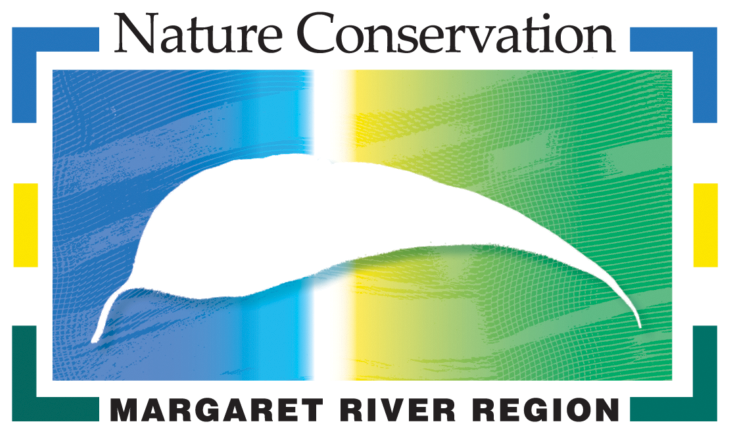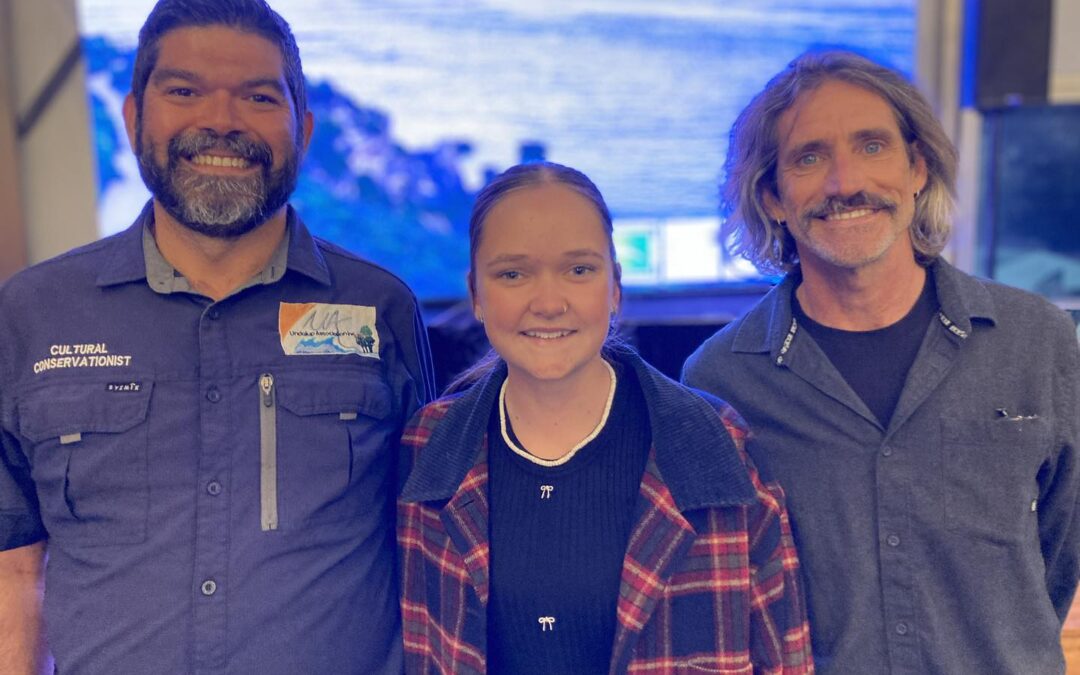Nature Conservation Margaret River Region teamed up with the World Surf League to host a coast care forum last night to put the spotlight on our incredible coastline – and how to care for it into the future.
The theme of this year’s event was Future Focus: Capes Coast 2050, looking ahead at the next two and a half decades for our region’s beautiful, unique and fragile coastline.
It was held at the World Surf League marquee at Surfer’s Point, and attended by more than 80 people including representatives from the environment, conservation, tourism and hospitality fields, local coastal and marine groups, Shire of Augusta Margaret River councillors and staff, and Department of Biodiversity, Conservation and Attractions rangers and staff.
Victorian model for coastal managment
Speakers included Leia Howes from the Great Ocean Road Coast and Parks Authority presented a Victorian model of coastal management. She said there was once 30-plus organisations involved with complex and fragmented governance of the popular Great Ocean Road region. But the creation of the Great Ocean Road Coast and Parks Authority in 2020 meant there is now one agency with the job to manage, protect and foster resilience.
Ms Howes said the authority manages profit-making assets such as caravan parks but all funds go into preserving the natural areas, and it is governed by special legislation prioritising environment and community values.
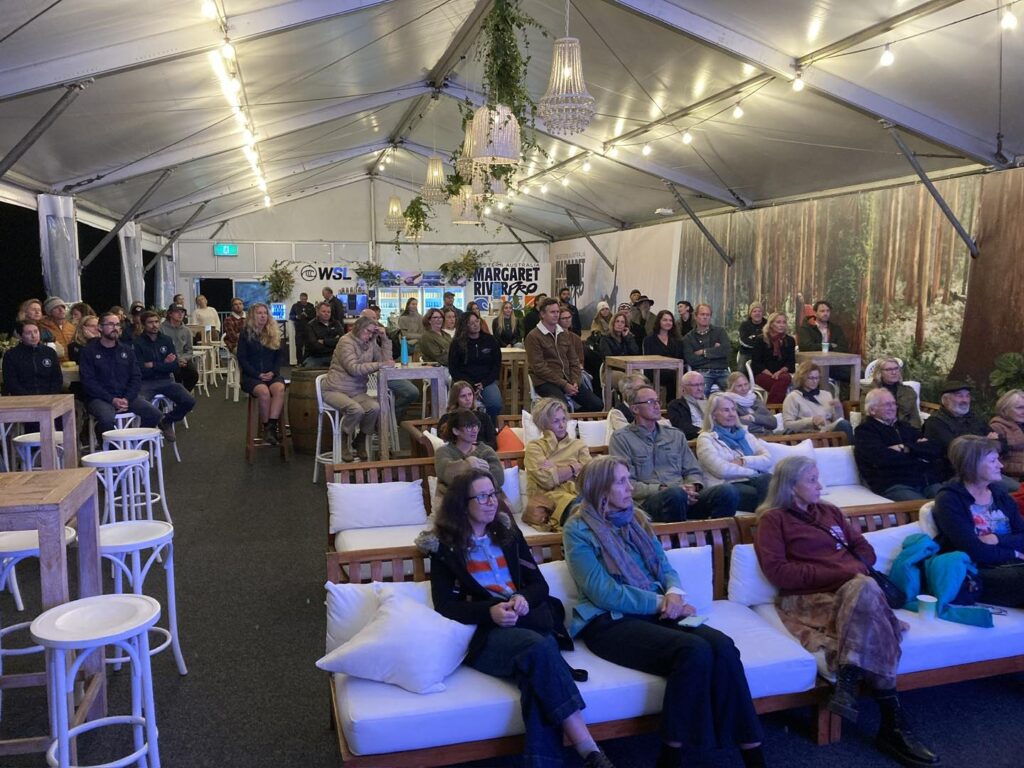
A diverse audience attending Nature Conservation’s coastal care forum
A young perspective on coast care
Bronte Halden – one of the local young people who took park in Nature Conservation’s Youth Marine Stewardship Program last year – discussed local environmental challenges and shared her experience of turning stewardship into action by running a series of successful beach clean-ups and starting her own business that turns marine debris into art.
“Doing nothing is wrong,” she said. “The ocean can’t ask for help but we can choose to listen. And the best part is, we already have everything we need to make a difference.” She also said young people “do care and want to help” but “sometimes all we need is the opportunity to prove it”. Bronte said young people need more outlets where they have a chance to get involved, such as coastal citizen science projects and opportunities to learn and connect.
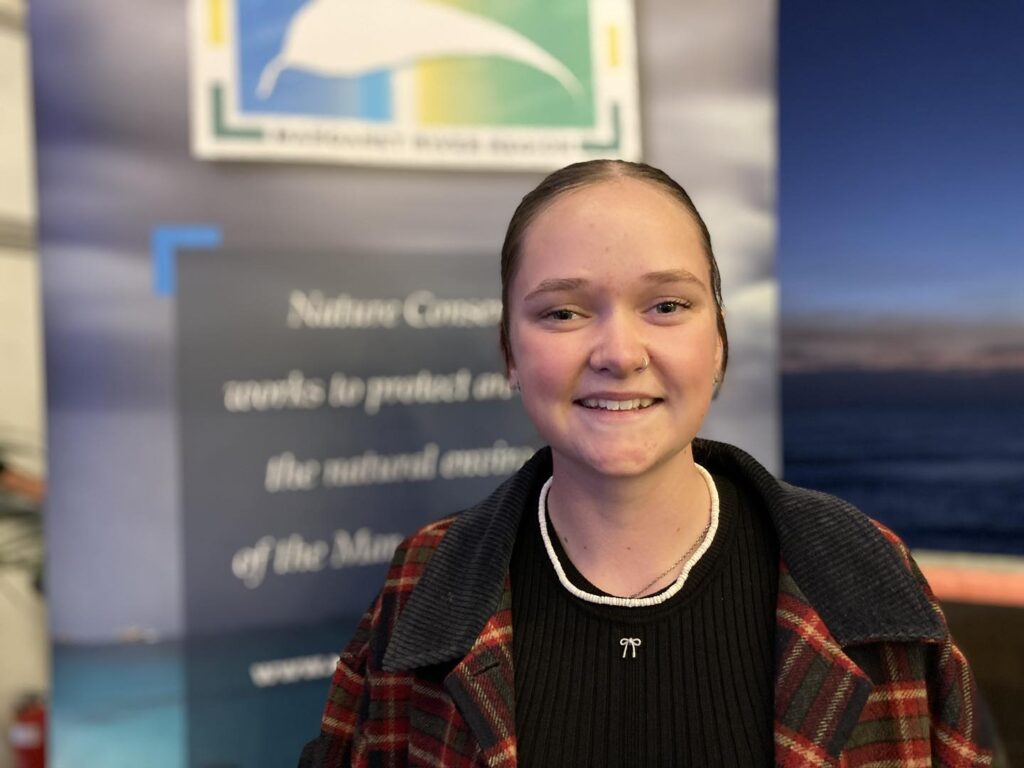
Bronte Halden gave the audience a young person’s perspective on coast care
Technology and its role in caring for coast
Also speaking was Craig Perry from the Peron-Naturaliste Partnership, who told the audience how a coastal drone monitoring program involving nine local shires is helping to map at-risk coastal areas from Rockingham to Busselton. That includes mapping erosion, doing flora health assessments, and monitoring impacts from climate change, while working with traditional owners and indigenous rangers.
A First Nations perspective on our coastline
Zac Webb from the Undalup Association shared knowledge of our coastline from the perspective of First Nations people, and discussed integrating this knowledge into future management of the coast including with Wadandi rangers on country.
He also discussed a joint project with Wadandi people and marine researchers that had mapped the changing coastline of the Capes region through the last ice ages, blending science with traditional song lines.
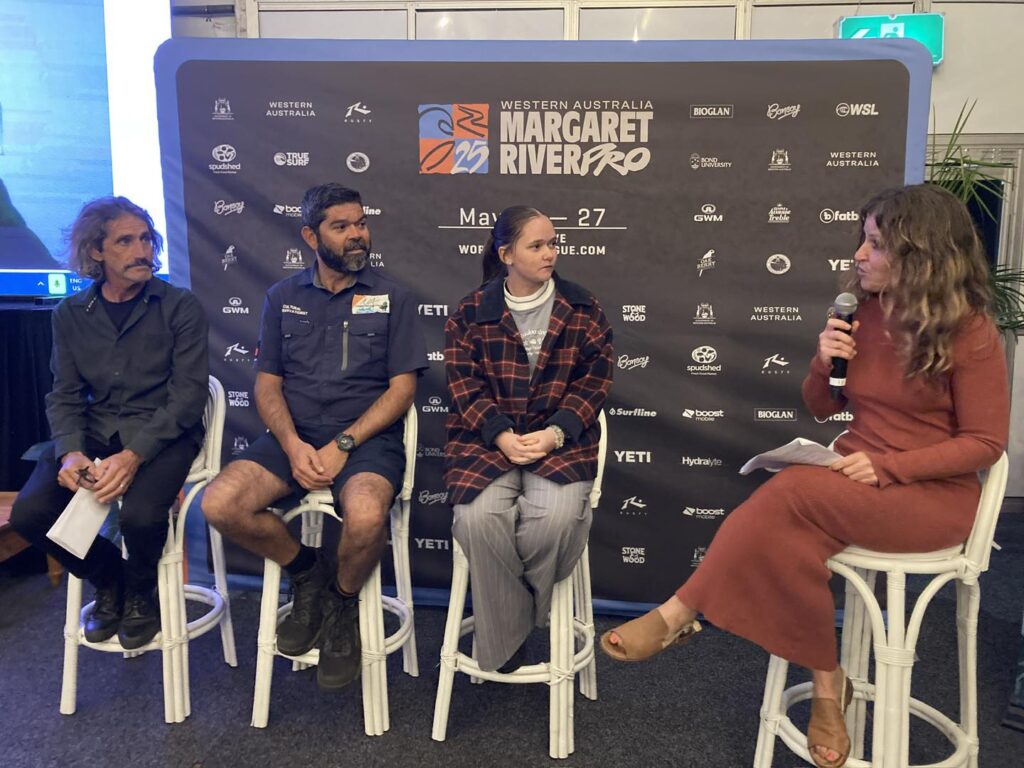
The speakers share ideas for the future of coastal conservation
Community is key to preserving beaches and oceans
Nature Conservation’s event organiser Mandy Polley said: “This is the second coastal forum we’ve run at this world-class venue at Surfer’s Point, where the coast and its management can’t help but be front of mind.
“It was so special to bring together this incredible cohort of presenters, and to share their insights and wisdom with an audience that is passionate about, and invested in, our coastline.
“We all have a lot to learn from each other, and through continued sharing we can only improve how we protect our precious coastline. I’d also like to say a big thank-you to the WSL for the use of the marquee and supporting the forum.”
Ms Polley said everyone can help to protect the coast we love by walking on existing pathways, staying off dunes, taking all rubbish, only camping in designated areas and obeying fire bans. It’s also crucial to fish and dive responsibly, stick to dog exercise beaches with your pet and speak up and spread knowledge to educate others, she said.
What we can do
During an audience Q&A, the speakers were asked what one action they wanted people to take. Their suggestions included “taking three for the sea” and removing litter on every visit to the beach; catering for and empowering young people for coastal care; finding more innovative ways to get community involved; and “using our voices” to advocate and lobby State Government for better environmental outcomes.
Thanks to the many people, groups and agencies who came to share ideas and keep the conservation conversation going, and to WSL One Ocean for making the forum possible.
